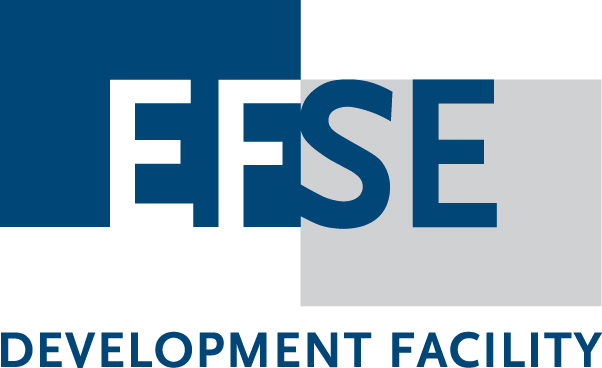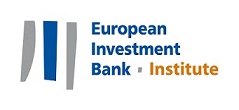What to do when you’re not getting what you want – constructive criticism in remote teams || LiDE Webinar recording
Date: 18 March 2021
💡 Most of us care about having good relations with colleagues. There are unpleasant situations, when they are not delivering what is expected of them job-wise and it’s on us to hold them accountable. Sending an email requesting improvement sounds tempting, but can often lead to unnecessary conflict.
➡ This webinar guides you in building an online work environment, in which constructive criticism of difficulties is possible. You will learn how to communicate your expectations to your colleagues in a way it is acceptable and agreeable. The webinar includes good practice for email and text messages communication.
😉 This webinar is for staff of MFIs, who work from home and are responsible for cooperation with peers from other departments and functional areas, or manage any size teams.
Webinar timeline
4:12 –> example of a situation, when one needs to provide negative feedback
16:04 –> what is the best approach to provide feedback in similar situations?
18:36 –> Root cause of most feedback problems
22:10 –> a way to overcome the feedback problems
55:43 –> receipt for good feedback
1:00:23–> The golden rule of providing feedback
Our Expert
Michal Parkoła
writer, speaker and coach
Michał Parkoła is a writer, speaker and coach in the field of remote leadership and collaboration. He is the founder of Fluid Circle where he helps leaders grow and teams thrive. He has a decade of experience in agile work and building digital competencies in software houses, large corporations and consulting companies.
About the Leaders in Digital Era series
The idea was developed based on lessons learnt from the Digital Literacy Bootcamp devoted to digital transformation in microfinance.
Digitalize or die – offering services online is no longer an alternative for MFIs; it is the way as people all over the world change their preferences towards any type of brand and sector. However, today’s leaders must manage not only an organization that undergoes a digital transformation.
The ongoing COVID-19 pandemic boosted the fact that more and more employees work remotely. They have been suddenly forced to deal with work challenges in a time of volatility, anxiety, fast changing circumstances and many uncontrolled risks. Thus, the leaders manage people that live in a VUCA world (volatile, uncertain, complex, ambiguous). They manage virtual teams that often consist of three generations (X, Y, Z) with varying skills and attitudes.
This requires leaders to make sure they improve skills like emotional intelligence, managing generational differences, and building an organizational culture that embraces fast changing consumers’ preferences and fashion, driven by accelerating technology.
Founders:
|
|
European Fund for South East Europe Development Facility |
|
|



